 Millions of dollars in new tax revenue earmarked for the University of California system as part of the state’s recently passed Proposition 30 will instead be routed to major financial firms, because of bad bets made by a Wall Street-influenced UC Board of Regents.
Millions of dollars in new tax revenue earmarked for the University of California system as part of the state’s recently passed Proposition 30 will instead be routed to major financial firms, because of bad bets made by a Wall Street-influenced UC Board of Regents.
Over the last decade, tuition and fees for undergraduates in the UC system have tripled, adding enormous debt burdens to UC graduates and pushing lower-income students into the already overburdened state college and community college systems, or out of higher education altogether. Members of the UC Board of Regents, which governs the system and which approved the tuition hikes, have blamed the increases on the bad economy and on politicians.
However, according to a new report written by five doctoral students at UC Berkeley, in the years preceding the 2008 financial collapse, members of the Board of Regents themselves had overseen “a qualitative shift in the financial practices of the University of California” by employing the same kinds of exotic financial instruments that precipitated the meltdown on Wall Street — primarily,
» Read more about: Proposition 30 Millions Already Headed to Wall Street »
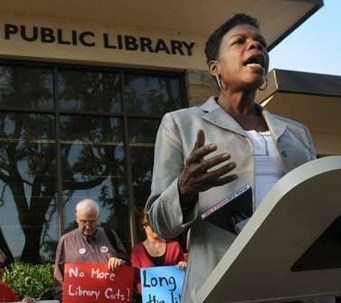
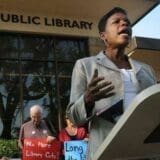
The would-be gravediggers of the New Deal and Obamacare have just begun their furious finger-pointing exercises as they try to figure out who to blame for the results of last week’s election. For progressive activists, however, November 6 was only a milestone, not the terminus, of a long journey to increase participatory democracy and build a more equitable America. Thursday, November 15, a number of them will gather at USC to lay out the nuts and bolts of their recently concluded campaigns, as well as to articulate their next moves.
Moderated by USC Political Science professor Ange-Marie Hancock, and sponsored by the university’s Program for Environmental and Regional Equity (PERE), “New Organizing for a New America” will explain what went right in 2012 and what strategies fell short, and how to make electoral organizing count for long-term base building. Among the topics to be discussed:
Participants include María Blanco,
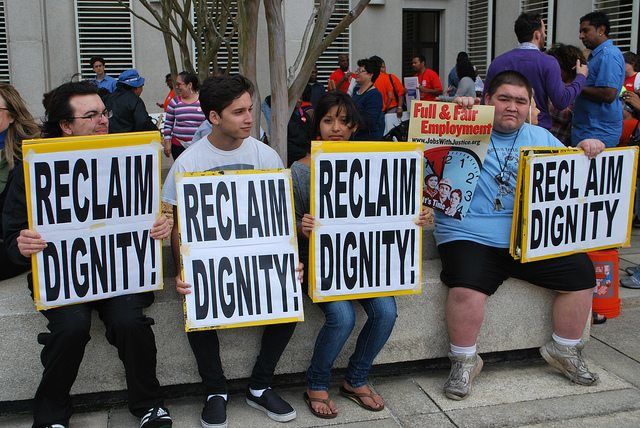
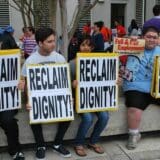
Analysis of swing-state voting in last week’s election demonstrates that the massive on-the-ground mobilization of union members and volunteers directly aided Obama and other pro-labor candidates in carrying Ohio, Nevada and Wisconsin. Unions prevailed in beating back anti-labor legislation in California and Wisconsin, and succeeded in three separate living wage campaigns.
On the national level, will labor remain vigilant and hold Obama and other newly elected Democrats accountable to workers? AFL-CIO President Richard Trumka vows that this will be the case.
In an interview with Salon, Trumka is quoted as saying:
“One thing that we’re doing different than we’ve ever done before … is we’re not dismantling our program today.” Instead, he promised, it will move “from electoral politics to advocacy, and from advocacy to accountability.”
As an example of the continuing momentum for labor advocates, Trumka points to Ohio, where “AFL-CIO members are 83 percent white.
» Read more about: Victorious Labor: Celebrations Before the Storm? »
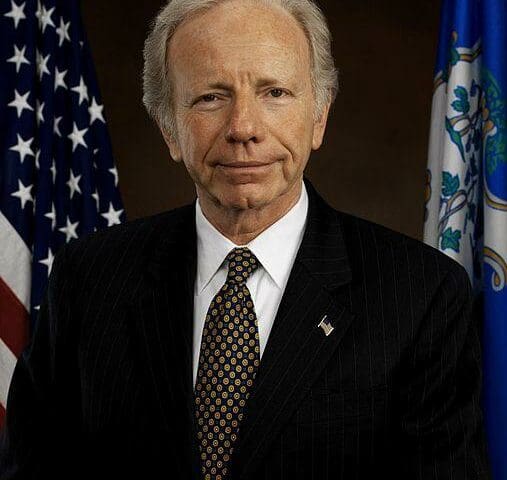
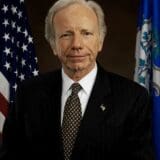
Other than voting for Obamacare, Joe Lieberman has done little good for the nation or the Senate since his petulant run as an Independent six years ago after Connecticut Democrats booted him out of the party.
Now that he is heading out the Senate door – finally – Lieberman is firing a parting “F— You!” shot at the country. It’s a little-noticed piece of legislation he is trying to move through his Committee on Homeland Security and Governmental Affairs — a bill that would effectively strip independent regulatory agencies of their power to effectively regulate just about anything.
Without holding a single hearing, Lieberman’s committee wants to pass the “Independent Agency Regulatory Analysis Act of 2012,” which strips the independence from a raft of federal agencies: Everything from the Securities and Exchange Commission to the Nuclear Regulatory Agency and National Labor Relations Board.
Among its many provisions, the law would require each of the agencies that Congress quite deliberately established as independent to submit all proposed rules to the White House for “vetting” before they could be published.
» Read more about: Joe Lieberman Bill Would Hobble Regulatory Agencies »


Over the last couple of years, I’ve blogged about waste reform in the City of Los Angeles. Following is a summary of where we are with the proposed waste reform so folks just tuning in, and those who have followed the twists and turns, have one central place for background as our the city council takes up this important issue in the coming weeks.
Disposal of waste is perhaps one of the most pressing environmental issues the City of Los Angeles faces. Los Angeles sends approximately three million tons of trash per year to landfills. This practice exacts a large environmental toll. The City has already promised to become a zero waste City by 2030. This entails interim goals of achieving 70 percent diversion from landfills by 2013 and 90 percent by 2025.
L.A.’s commercial and multi-family sectors are responsible for approximately 70 percent of the waste the City of Los Angeles send to landfills,
» Read more about: Transforming L.A.'s Trash Collection for the Next 50 Years »
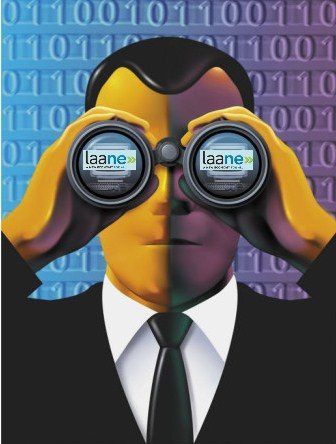

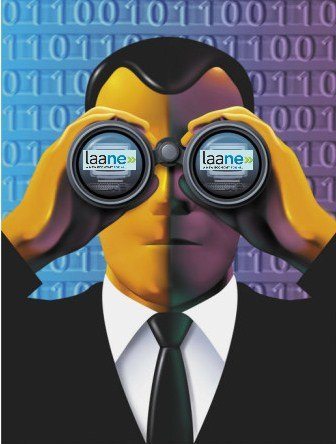 Remember the spring and summer of 2011, when the Los Angeles Alliance for a New Economy (LAANE) was mysteriously tracked by MB Public Affairs? Beginning in May, 2011, this right-wing “political ops firm,” led by Karl Rove operative Mark Bogetich, launched a massive investigation into LAANE, requesting thousands of documents from virtually every elected or appointed official in L.A. County. With lots of public support, LAANE fought back and, after several months of press releases, petitions, blog posts and other “reveal thyself” exhortations to MB’s secret funder, the inquiry suddenly stopped. According to City Hall insiders at the time, MB’s requested documents were left uncollected and LAANE activists and supporters were left wondering who would possibly have wanted to spend an estimated $50,000 to find dirt on a nonprofit advocacy group that makes no secret about what it stands for.
Remember the spring and summer of 2011, when the Los Angeles Alliance for a New Economy (LAANE) was mysteriously tracked by MB Public Affairs? Beginning in May, 2011, this right-wing “political ops firm,” led by Karl Rove operative Mark Bogetich, launched a massive investigation into LAANE, requesting thousands of documents from virtually every elected or appointed official in L.A. County. With lots of public support, LAANE fought back and, after several months of press releases, petitions, blog posts and other “reveal thyself” exhortations to MB’s secret funder, the inquiry suddenly stopped. According to City Hall insiders at the time, MB’s requested documents were left uncollected and LAANE activists and supporters were left wondering who would possibly have wanted to spend an estimated $50,000 to find dirt on a nonprofit advocacy group that makes no secret about what it stands for.
Over the past year, the mystery of the secret investigation has continued to puzzle us.
» Read more about: Who Was Behind the Secret Investigation of LAANE? »
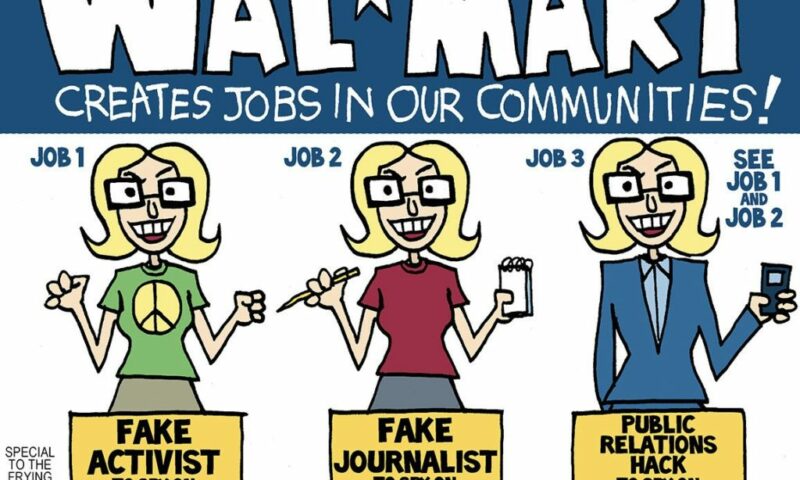
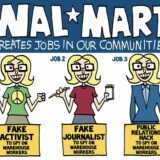
» Read more about: Lalo Alcaraz on Walmart’s Fakes and Hacks »
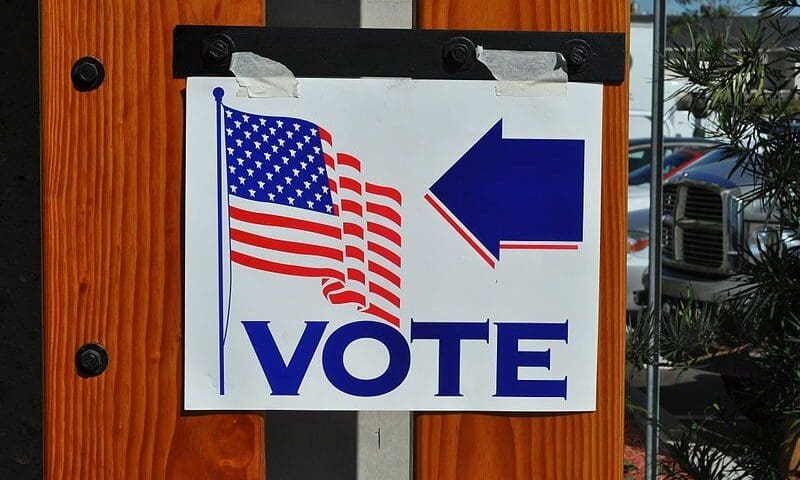

My mail delivery guy just got happier. He can finish his route while it is still light outside – this despite the change back from daylight savings time. Now he gets his work done in daylight: With the election over, he has less junk to deliver.
I don’t know how it was in your neighborhood, but in my apartment building the stuff filled the box every day for a month, and in the last week, so much mail rolled in that it couldn’t fit anymore. So my mail carrier patiently sorted it into clumps and placed it in the magazine space at the bottom of the mailbox area.
As far as I can tell, the vast majority of these ads went untouched, unless some conscientious soul threw them directly from the mail box into the recycling crate across the hallway. In any case, a couple of million dollars-worth of campaign mail wasn’t read,
» Read more about: Election Campaigning: Walking the Walk, Tossing the Ads »
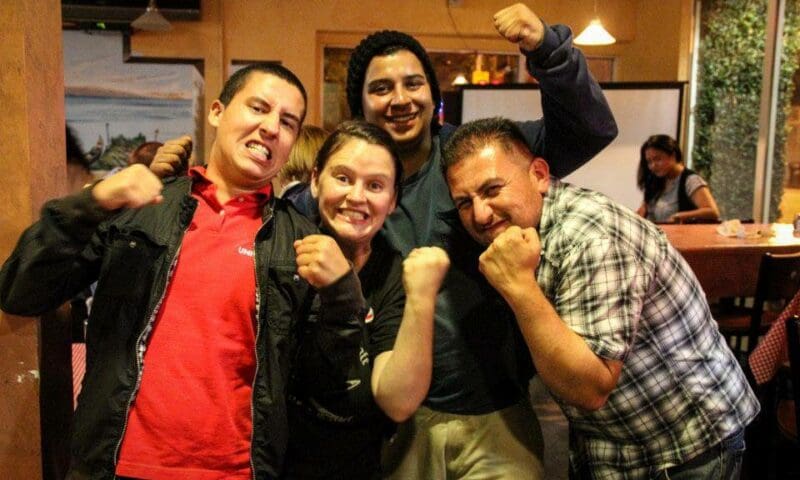

Two thousand workers who clean the rooms and serve the food at hotels in Long Beach, California had special cause for celebration election night. They will finally earn a living wage and be able take a sick day without risking a paycheck or a job.
“I have said all along that the second thing I would do when Measure N passes is take my family off of public assistance,” said Maria Patlan, a 10-year housekeeper in Long Beach’s hotel industry. “But the first thing I will do is a dance of joy.”
Maria and scores of workers like her helped lead the diverse Long Beach coalition that organized for months to pass the ballot initiative that became known as Measure N. It establishes a minimum wage of $13/hr (about $2,000 a month) in Long Beach’s hotels employing 100 or more, guarantees workers can earn five sick days a year and protects their tips.
» Read more about: Long Beach Hotel Workers Win Living Wages, Paid Sick Days »
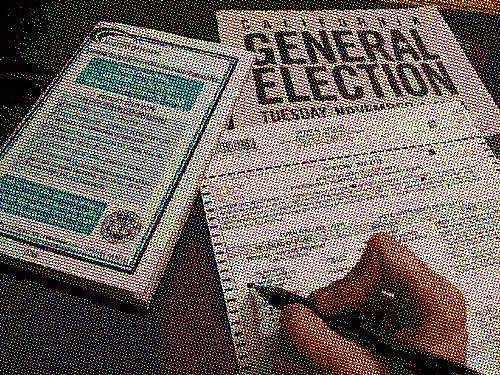

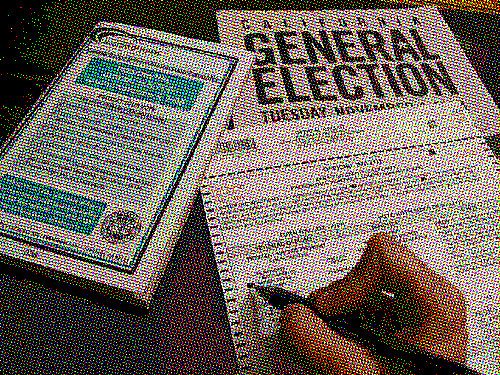 Frying Pan News spoke to five voters the morning after Election Day to hear their initial reactions to the outcome. Here’s what they told us:
Frying Pan News spoke to five voters the morning after Election Day to hear their initial reactions to the outcome. Here’s what they told us:
Jonathan Parfrey wears several hats: executive director of Climate Resolve, president of the Los Angeles League of Conservation Voters and a commissioner at the L.A. Department of Water and Power. Election Day morning found him up early gathering climate-change documents in advance of a public DWP hearing. He remained unfazed by volatile election scenarios painted by pundits.
“I relied heavily on Nate Silver as my online therapist,” Parfrey said. “He kept fixing my head so I could function.” (Silver’s dry polling metrics, carried in his New York Times blog FiveThirtyEight, consistently predicted the presidential race to be a walk-off for Obama.)
Parfrey would vote that day at the L.A. Job Corps Center on Broadway.
“The volunteers were under 87 years old!” he marveled.
» Read more about: Election 2012: Five Personal Reflections »